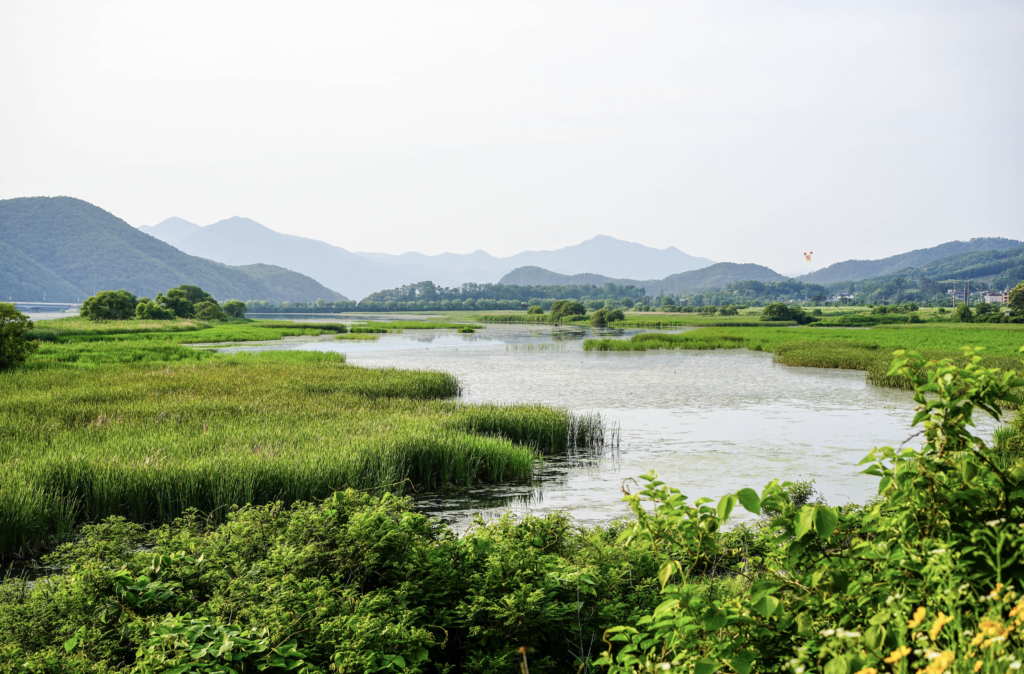Farmer Transforms Field into Wetland; Wildlife and Farm Thrive
October 26, 2023

“This place wanted to be a wetland,” farmer Karl Wenner told The Guardian as he surveyed his former field. It was once a thick barley patch. Now the 70-acre sprawl of swamp grasses, shallow pools, and nesting waterfowl is being hailed as an environmental success story.
Why did Wenner revamp part of his 400-acre farm in Oregon? The choice came while he struggled to pay fines related to phosphorus runoff from his barley fields. The compound is a major substance in fertilizers. It was leeching from his fields into nearby waters. It was polluting rivers and lakes downstream. But Wenner realized he could sink the excess phosphorus into the banks of a wetland.
“You set the stage and Mother Nature takes over,” Wenner said. “It’s just a magical thing to see.”
The grasses and other flora native to wetlands filter phosphorus and other minerals from water. In Wenner’s case, once he’d routed enough water onto the field to activate the dormant wetland flora, the thriving plants soaked up the phosphorus in a matter of months.
The Klamath Basin is where Wenner’s farm sits. It was once covered in wetlands. But draining for farms has wiped out 95% of them, The Guardian reports. Wenner’s work, though, has lured birds, turtles, and even endangered fish species back to the land.
Wenner hopes that his efforts inspire other local farmers to follow suit.
“I read the news and it is one environmental disaster after another,” Wenner said. “It is a disrupted, screwed-up system – but this is fixable."
Photo from Unsplash courtesy of James Park.
Reflect: How do you think communities can make it easier for everyone, including those who rent their homes, to use clean energy? What role, if any, should the government play in supporting a transition to cleaner energy options?





